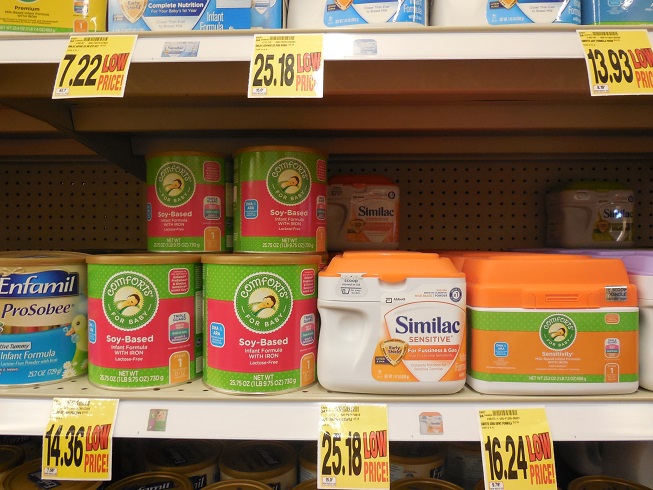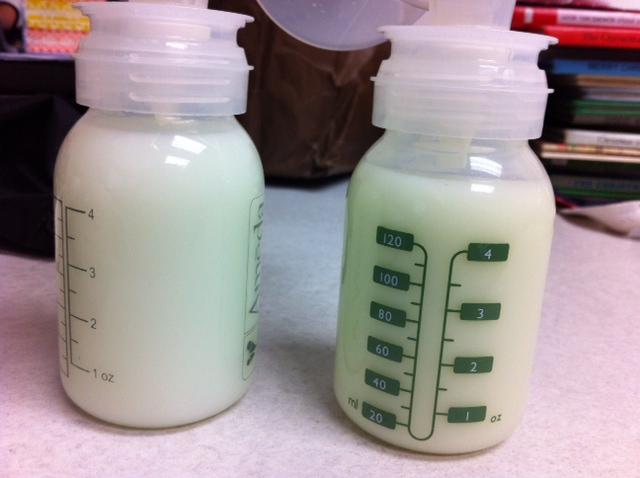Driven by strong consumer brand loyalty and a preference for “premium” brands in Singapore, Formula Milk manufacturers compete mainly on building a premium brand image through aggressive marketing activities.
They reinforce this image by engaging in research & development (R&D) to develop and introduce new ingredients contributing to attributes desired by parents, rather than on price.
The heavy investment into marketing and R&D activities resulted in the increased markup of wholesale prices over manufacturing costs, the Competition Commission of Singapore said in a press statement on May 10, 2017.
Such “premiumisation” strategies further strengthen consumer perceptions and entrench consumer purchasing behaviours. This in turn gives the Formula Milk manufacturers the market power to increase wholesale prices, in the face of limited volume growth prospect due to low birth rate and rising breastfeeding rate.
But at the same time, these investments in marketing and research & development activities also increased the overall costs for Formula Milk manufacturers. Total marketing expenditure by all major manufacturers increased by 42.4% between 2010 and 2014.
Brand name, nutrition and safety are top considerations by consumers
Industry reports and feedback revealed that brand name, nutrition and safety are the top three considerations when consumers purchase Formula Milk.
Majority of parents tend to continue with the brand of Formula Milk that their babies are exposed to at birth in the hospitals. Unless there is a medical need, they do not readily switch to competing brands of Formula Milk. In addition, Formula Milk manufacturers devoted significant resources to a wide range of marketing activities – including hospital sponsorships and milk rotation programmes in order to encourage early adoption by new parents.
Furthermore, insufficient understanding of the nutritional content of Formula Milk and the dietary requirements of infants and young children have often led parents to perceive that the more expensive or premium products are of higher quality.
The aggressive marketing and existing consumer preferences raised the barriers to entry and limited competition from new brands and other existing brands. Manufacturers who wish to enter the market must devote significant resources to convince consumers of the ‘premium’ status of their products through a combination of marketing and innovation.




